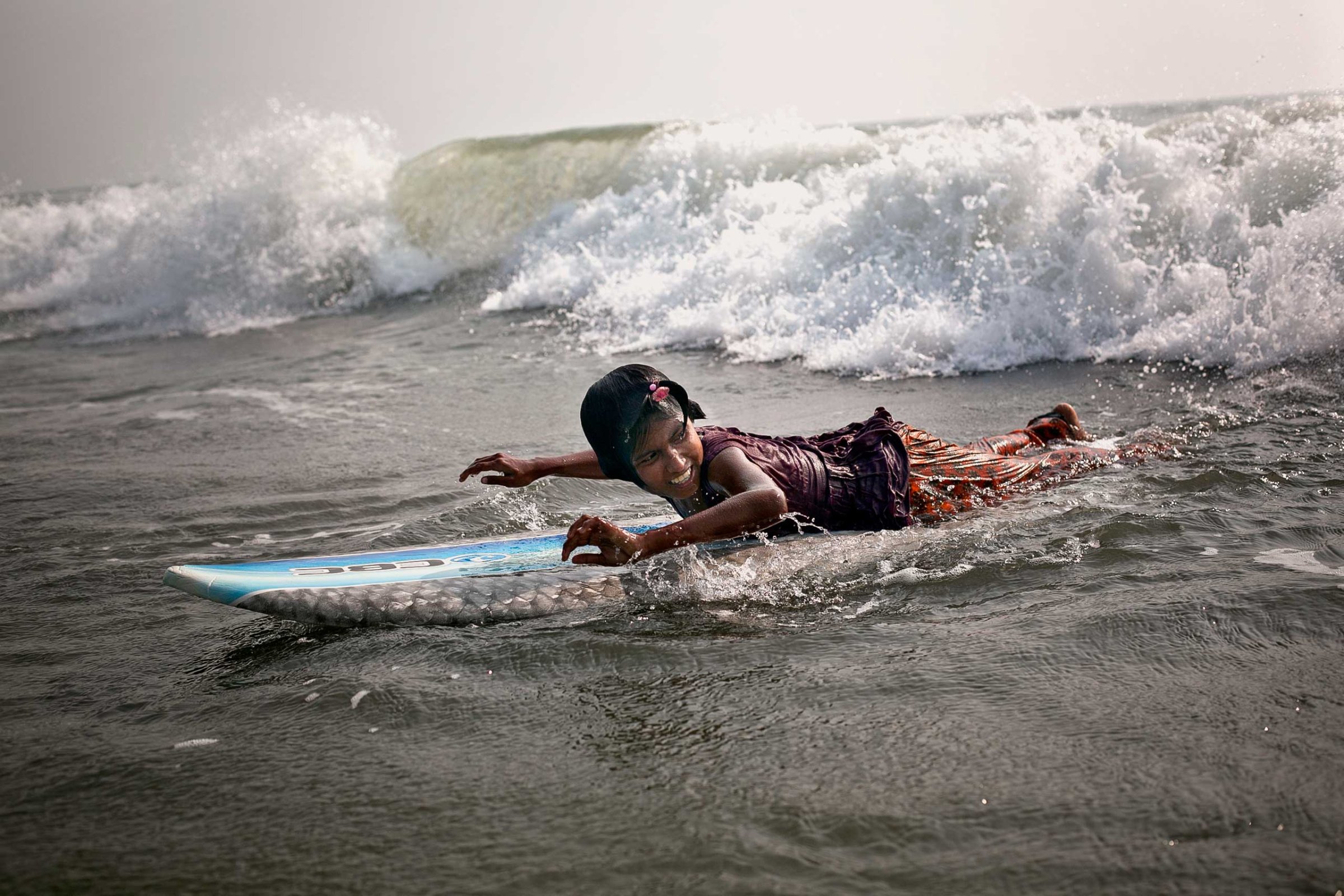
They lead double lives. Born into poverty in the Bangladeshi district of Cox’s Bazar, Johanara, Aisha, Shumi, Rifa, Suma, Shobe Majaraz, Mayasha and Nargis wake up early each morning to go to work hawking snacks and handcrafted jewelry on their local beach down in the southern reaches of the country, along the Bay of Bengal. They work late into the night, earning as much as they can to support their families.
Shumi, 11, is the only one among this group of eight friends ranging from 10 to 13 who goes to school. She wishes to become a doctor when she grows up. But the odds are stacked against her in what, despite making significant strides in recent years to improve the position of its women and girls, remains a deeply patriarchal society—between 2005 and 2013, 29% of Bangladeshi girls were married before the age of 15. By the time they reached 18 years of age, 65% were married, according to UNICEF.
As they grow up, Shumi and her friends are facing pressure to get married. In some cases, their parents want them to take up work as domestic helps. “They’re up against so much, these women in Cox’s Bazaar,” says Allison Joyce, the American photographer who first travelled to the region in 2013.
It was during that first trip that she heard about Shumi and her friends, and how, in between their daily commitments, they’d begun to pick up English literacy skills and grow in confidence, despite the many societal and family pressures heaped upon them. Their vehicle: the surfboard. Beginning last year, the girls began taking surfing lessons offered by 25-year-old lifeguard Rashed Alam and his local surf club. Soon, his wife, Venessa Rude, an American expat, began pitching in with English lessons.
“They love it. It’s really given them a sense of community,” says Joyce, who captured these images of the Cox’s Bazaar surf girls over multiple trips earlier this year.
As they grow up, Rashed wants to give them the opportunity to become lifeguards. Currently, they participate in junior lifeguard training every Thursdays. “They get to see Rashed and the rest of the boys in the surf club respecting them. It’s made them more confident.”
Above all, the girls’ engagement with the surf club has given Shumi and her friends a new space to grow up away from the pressures of a working childhood. As Joyce puts it, the surfboard has become more than a source of enjoyment for these girls—it’s “given them an opportunity to dream a little bit more than they otherwise would’ve.”
Allison Joyce is a photojournalist based between Mumbai, India, and Dhaka, Bangladesh. Follow her on Twitter @Allison_Joyce.
Nikhil Kumar is TIME’s South Asia Bureau Chief. Follow him on Twitter @nkreports.
Mikko Takkunen, who edited this photo essay, is the International Photo Editor at TIME.com. Follow him on Twitter @photojournalism.
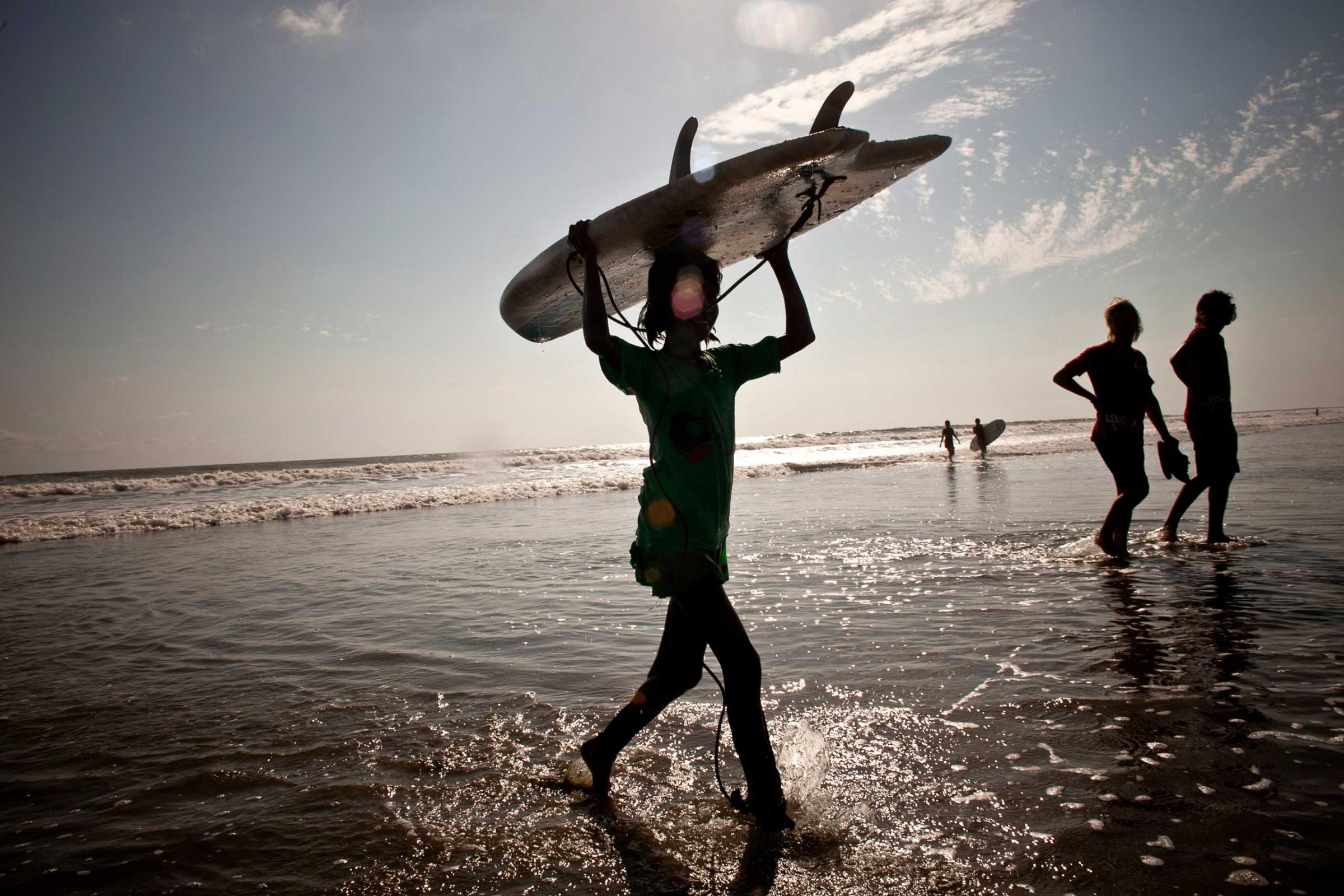
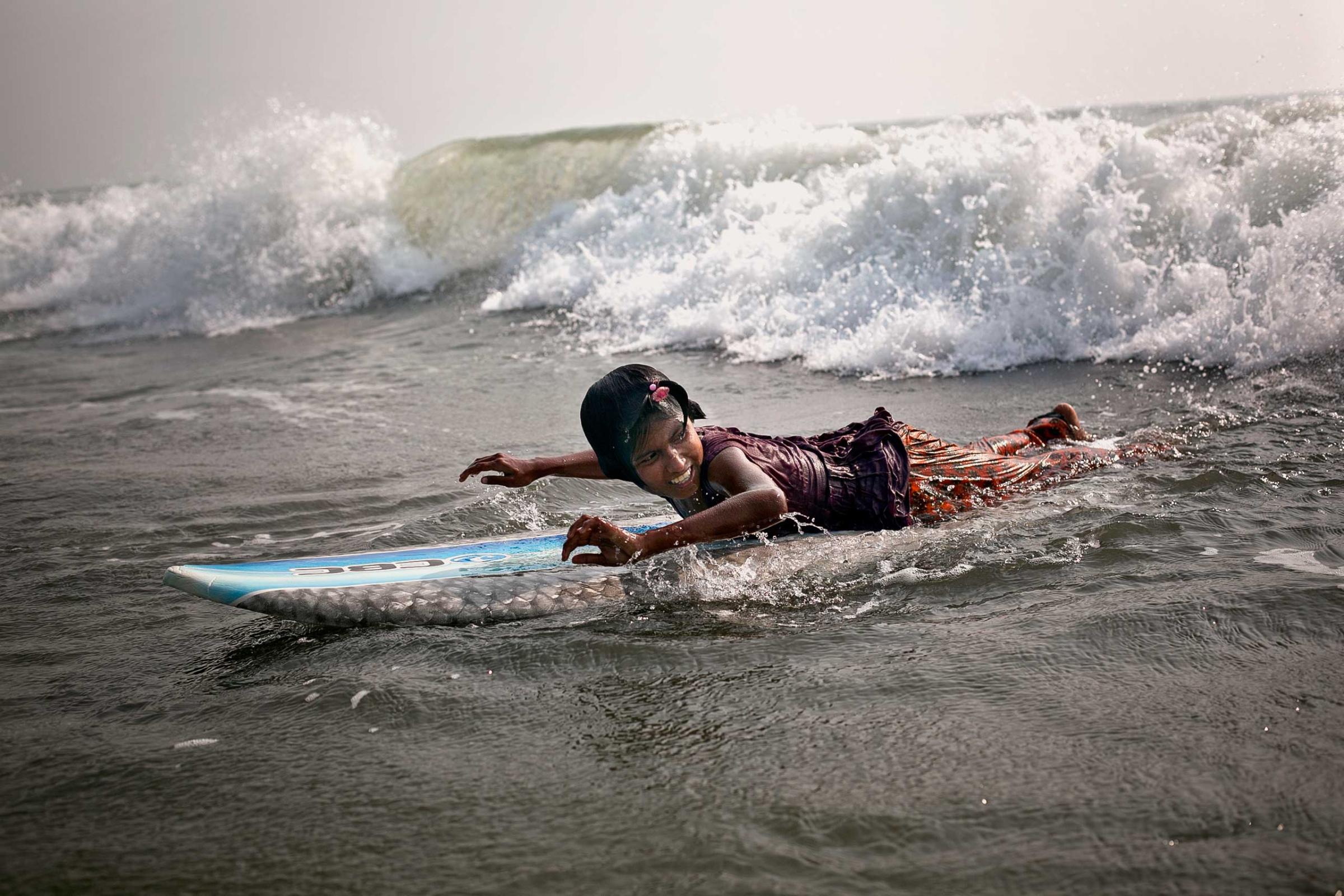
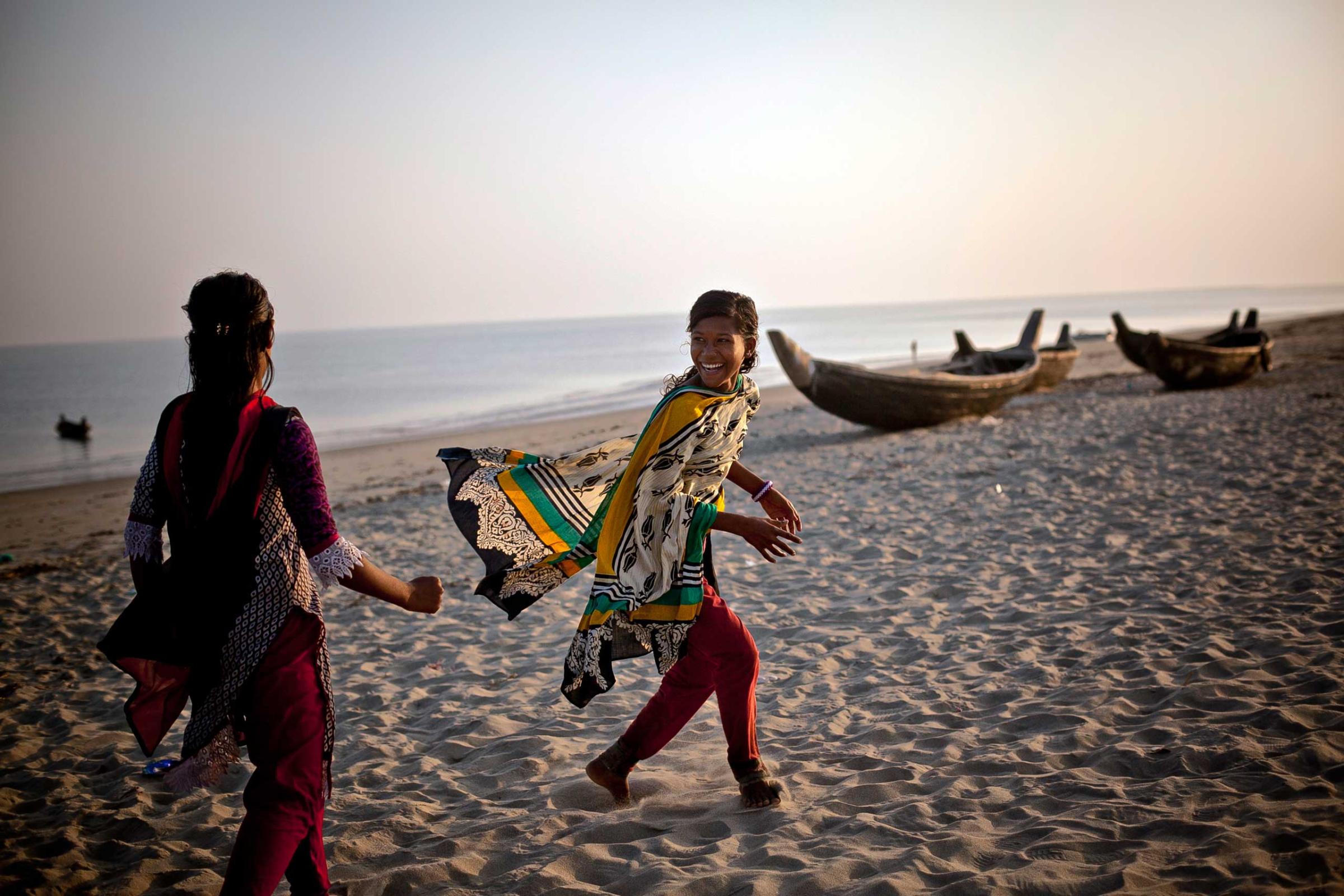
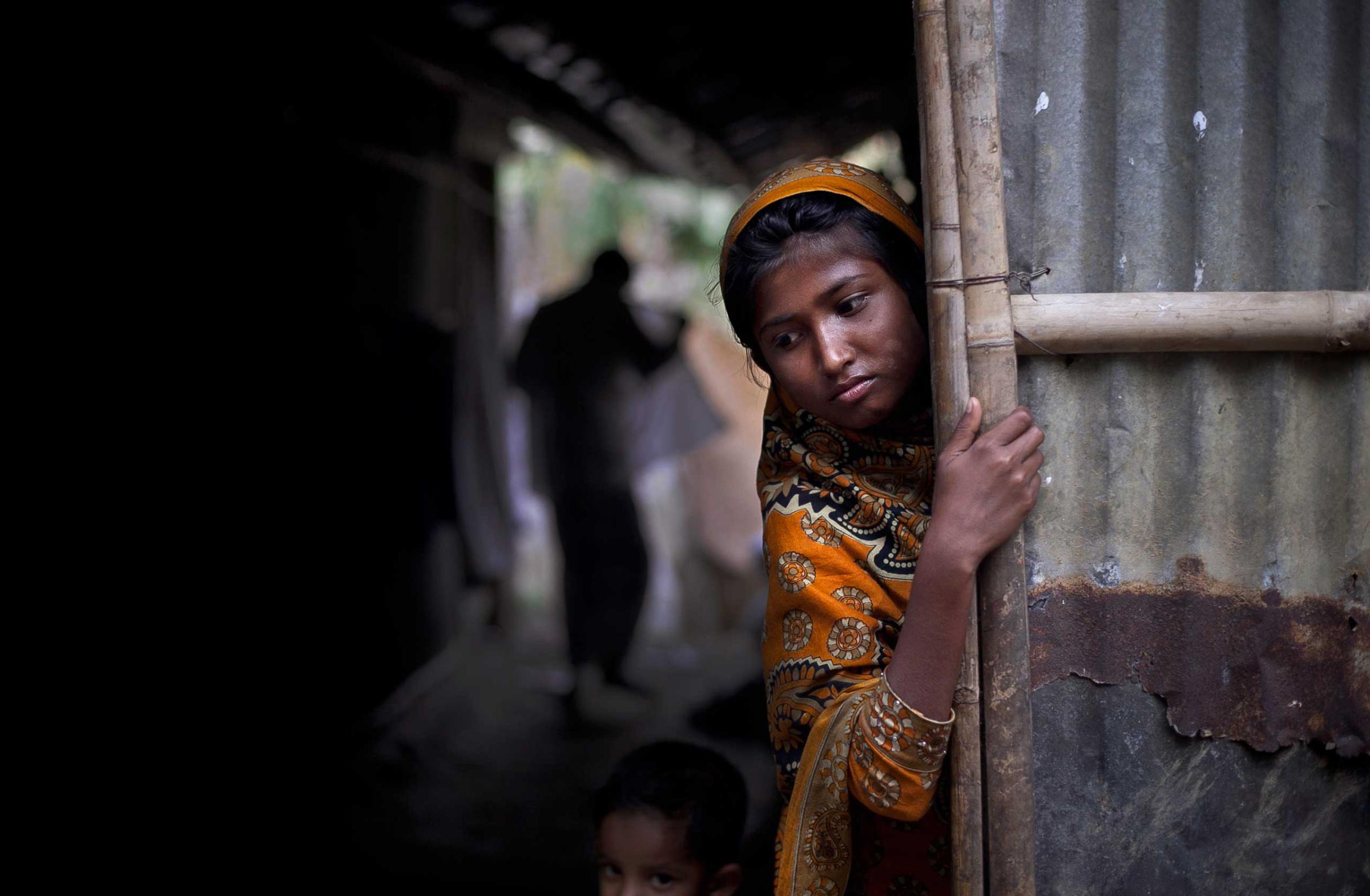
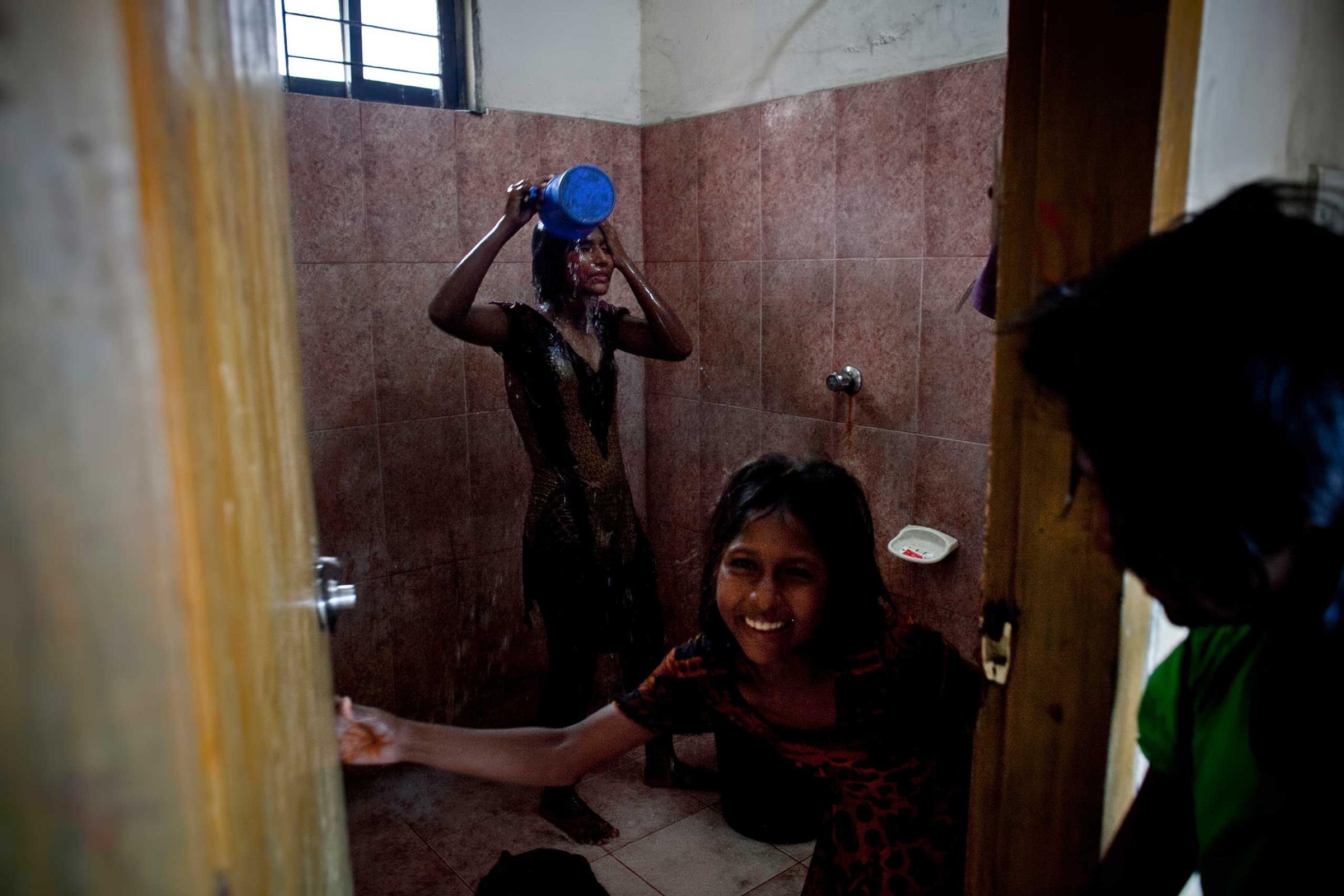
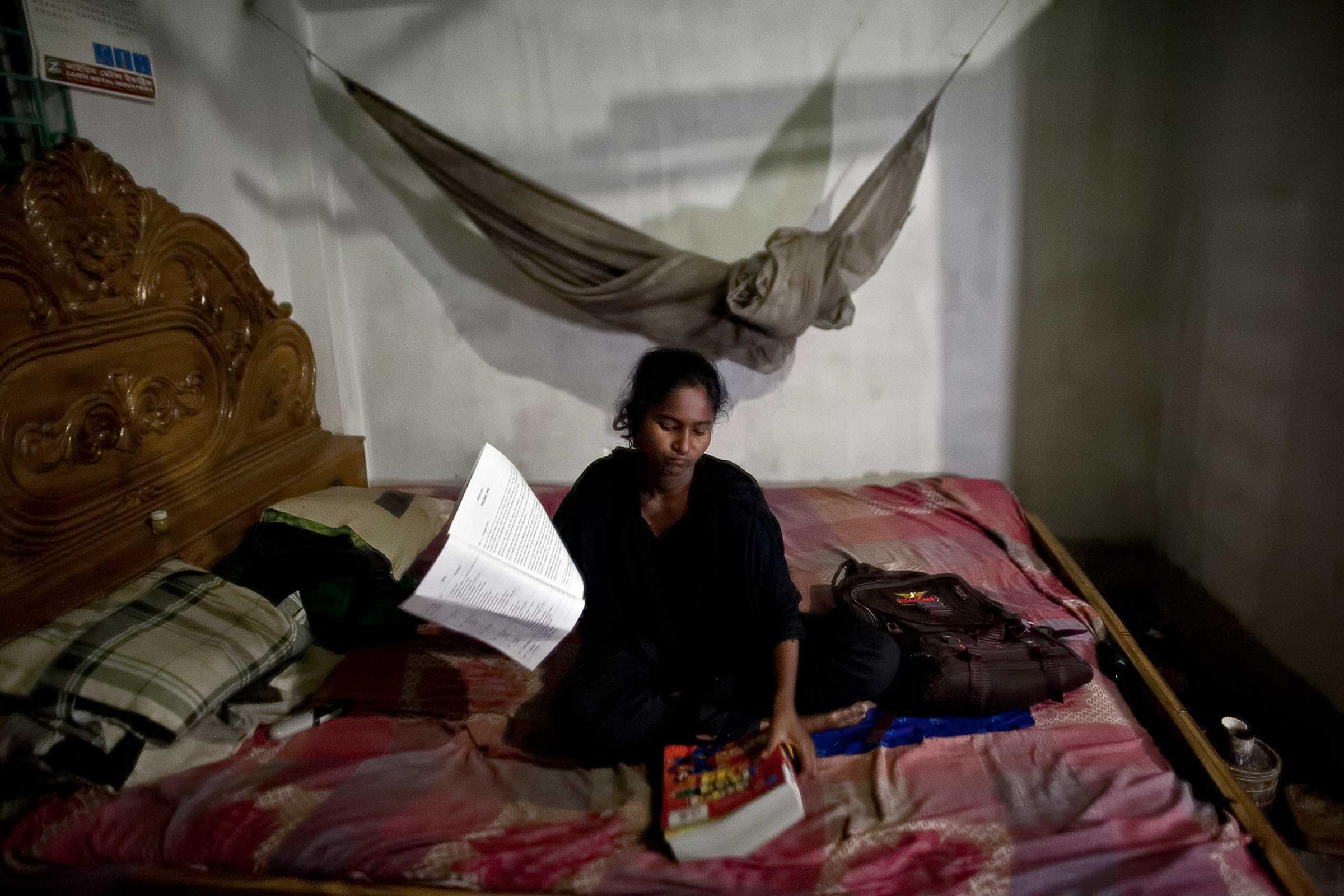
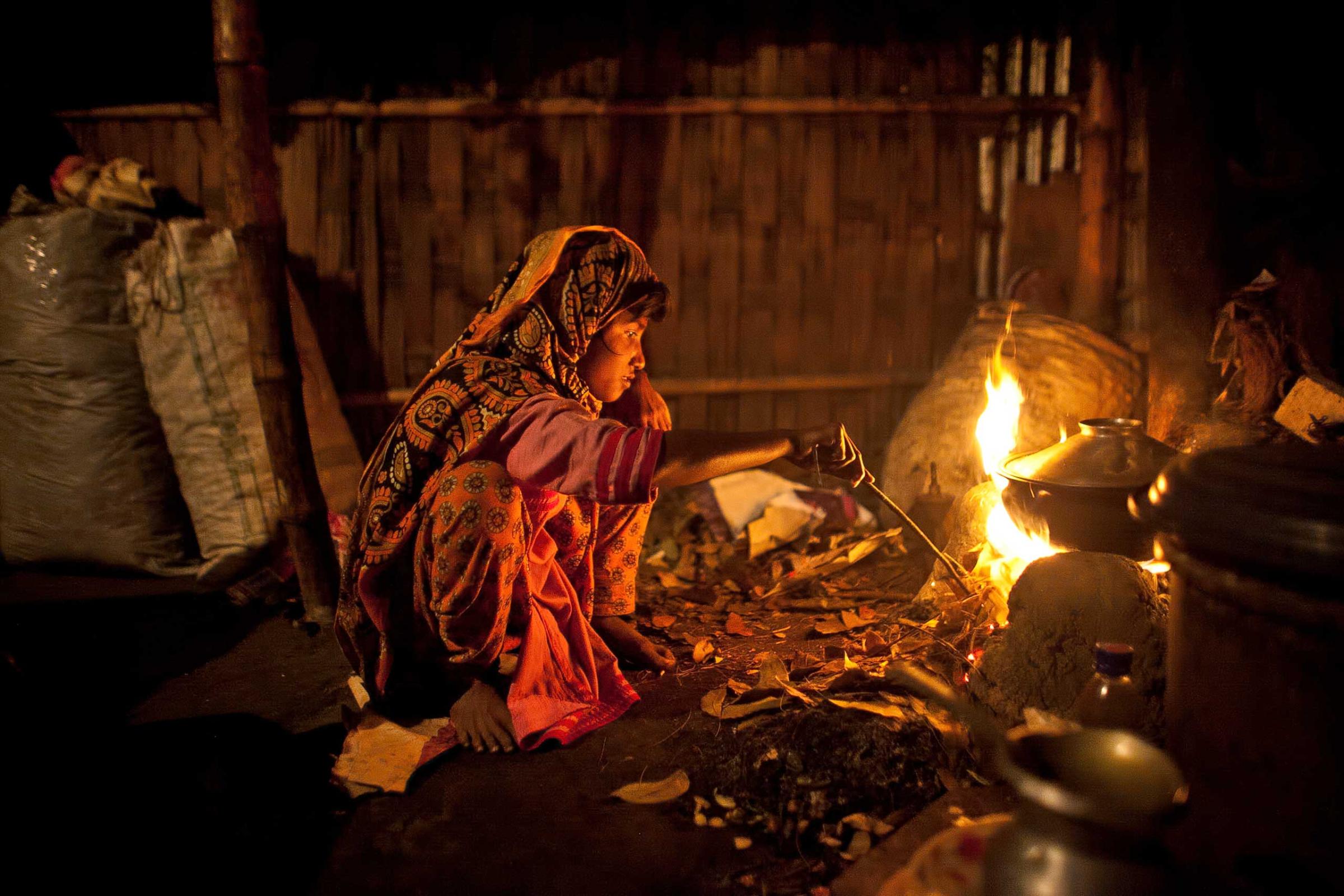
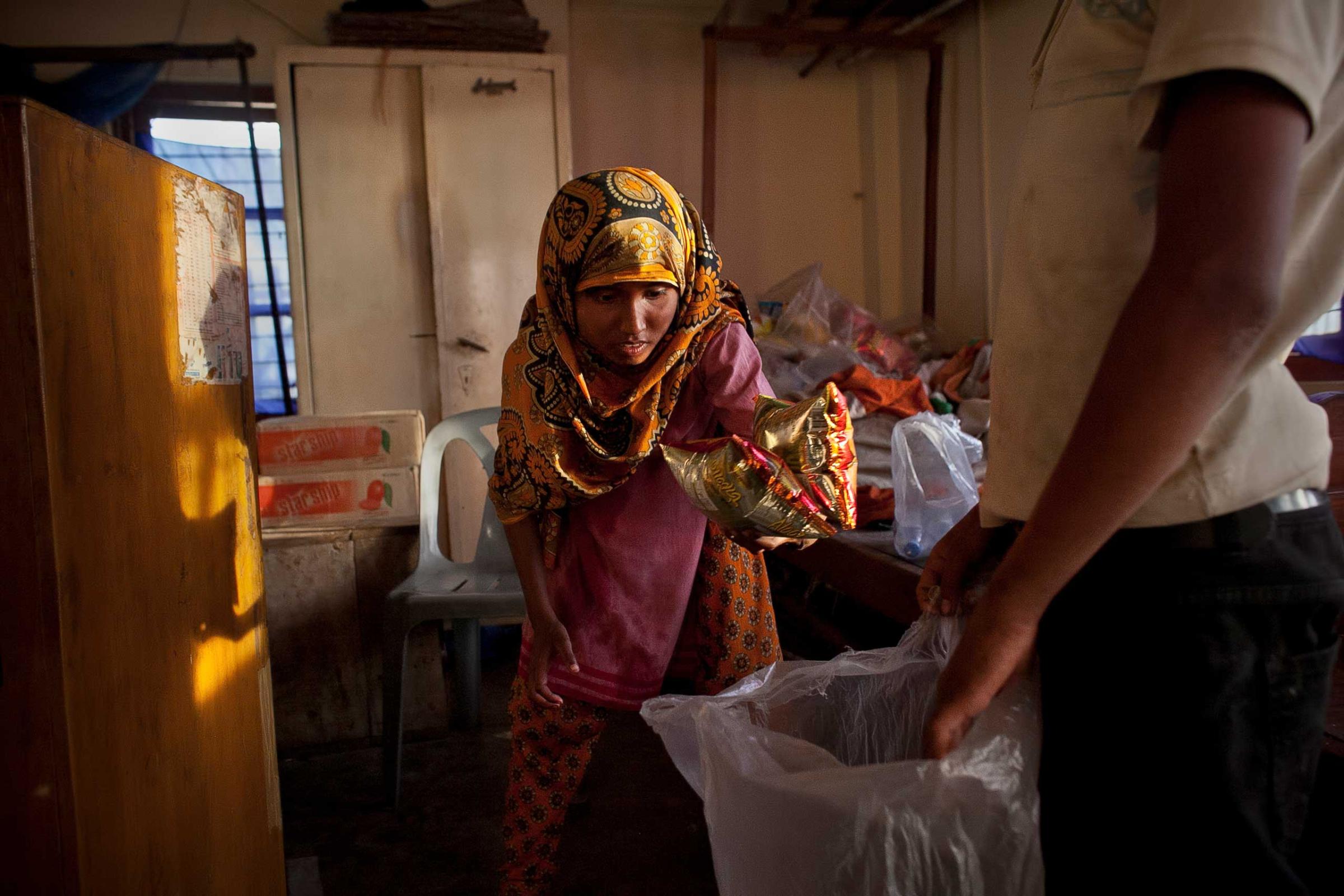
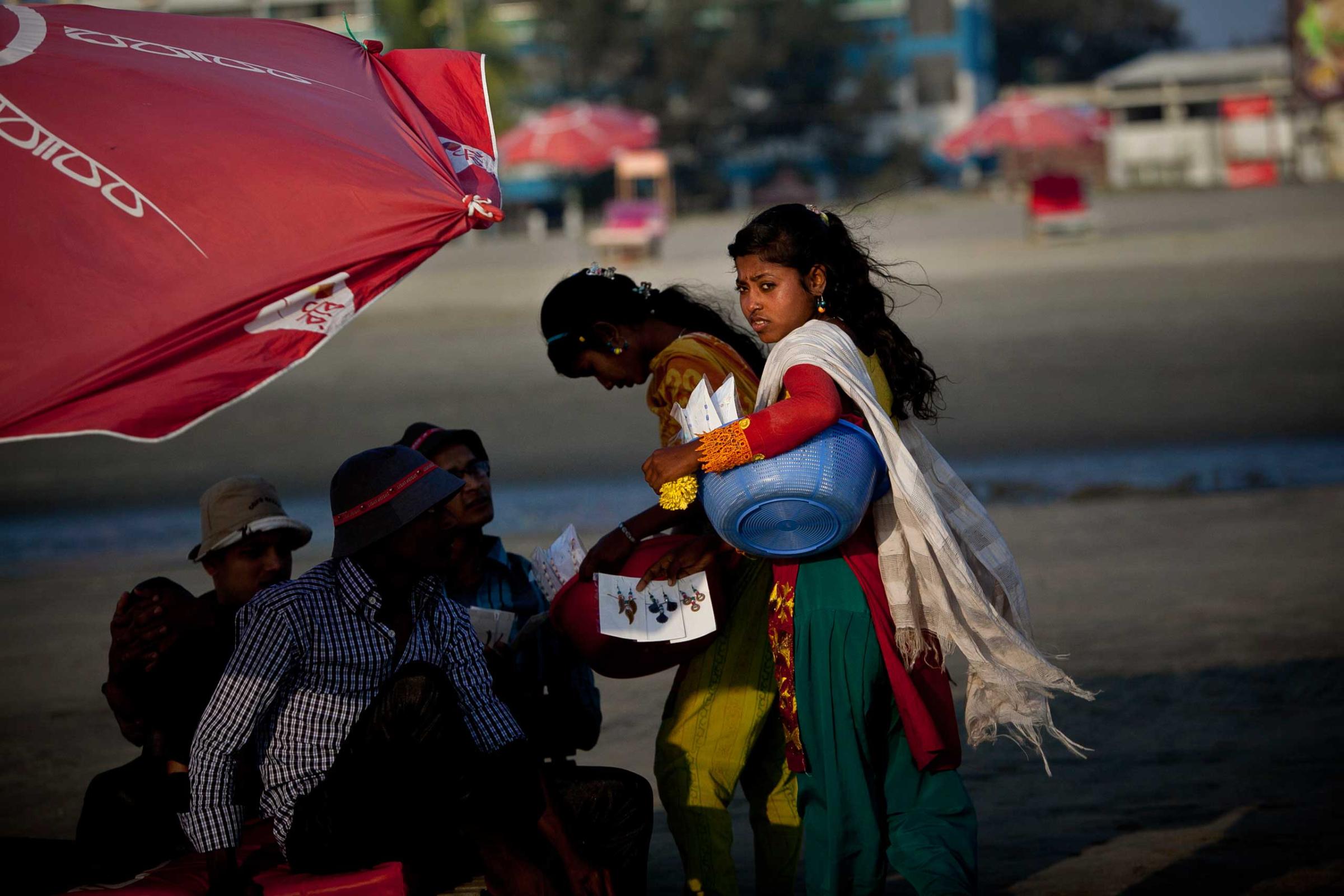
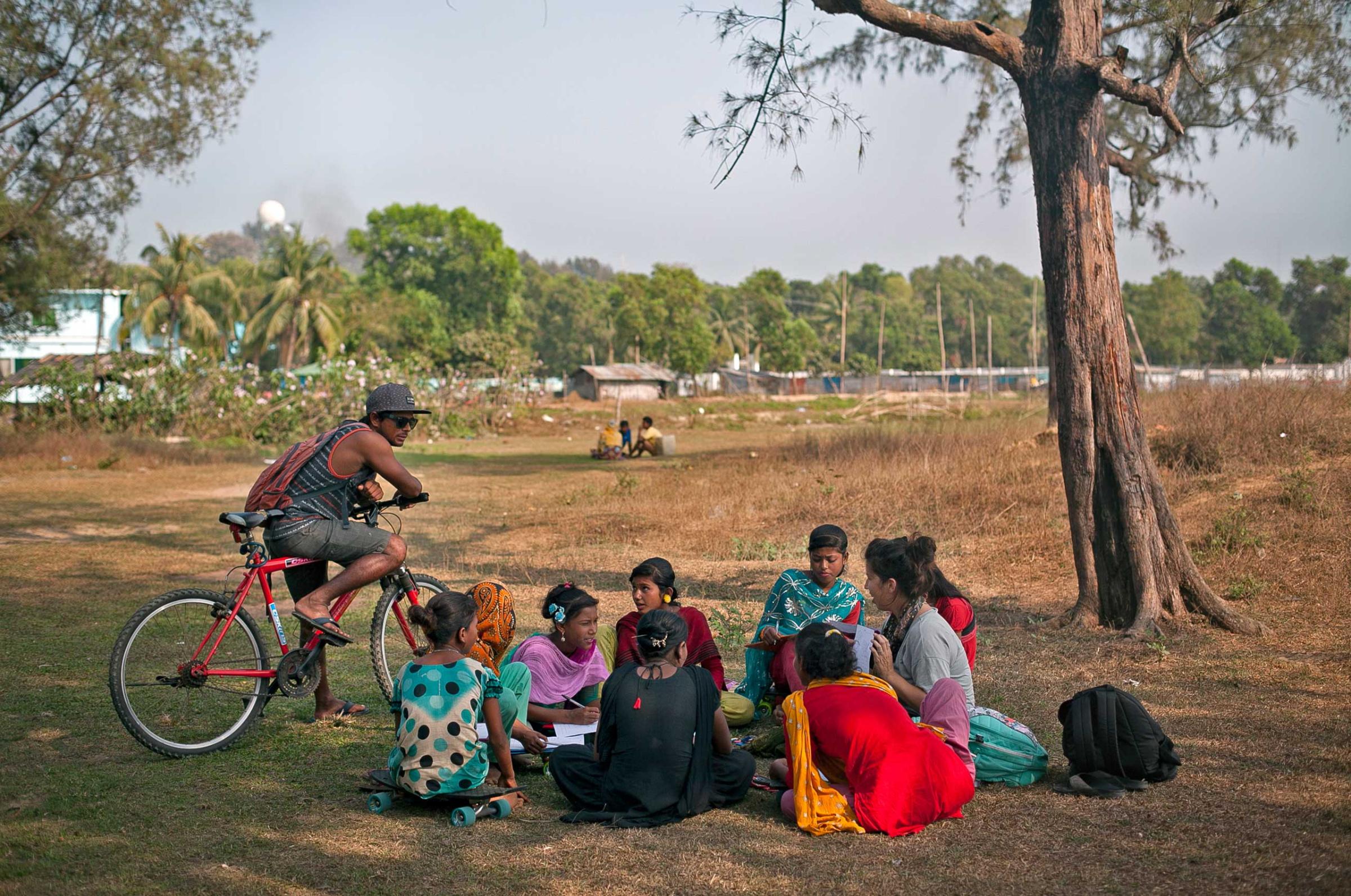
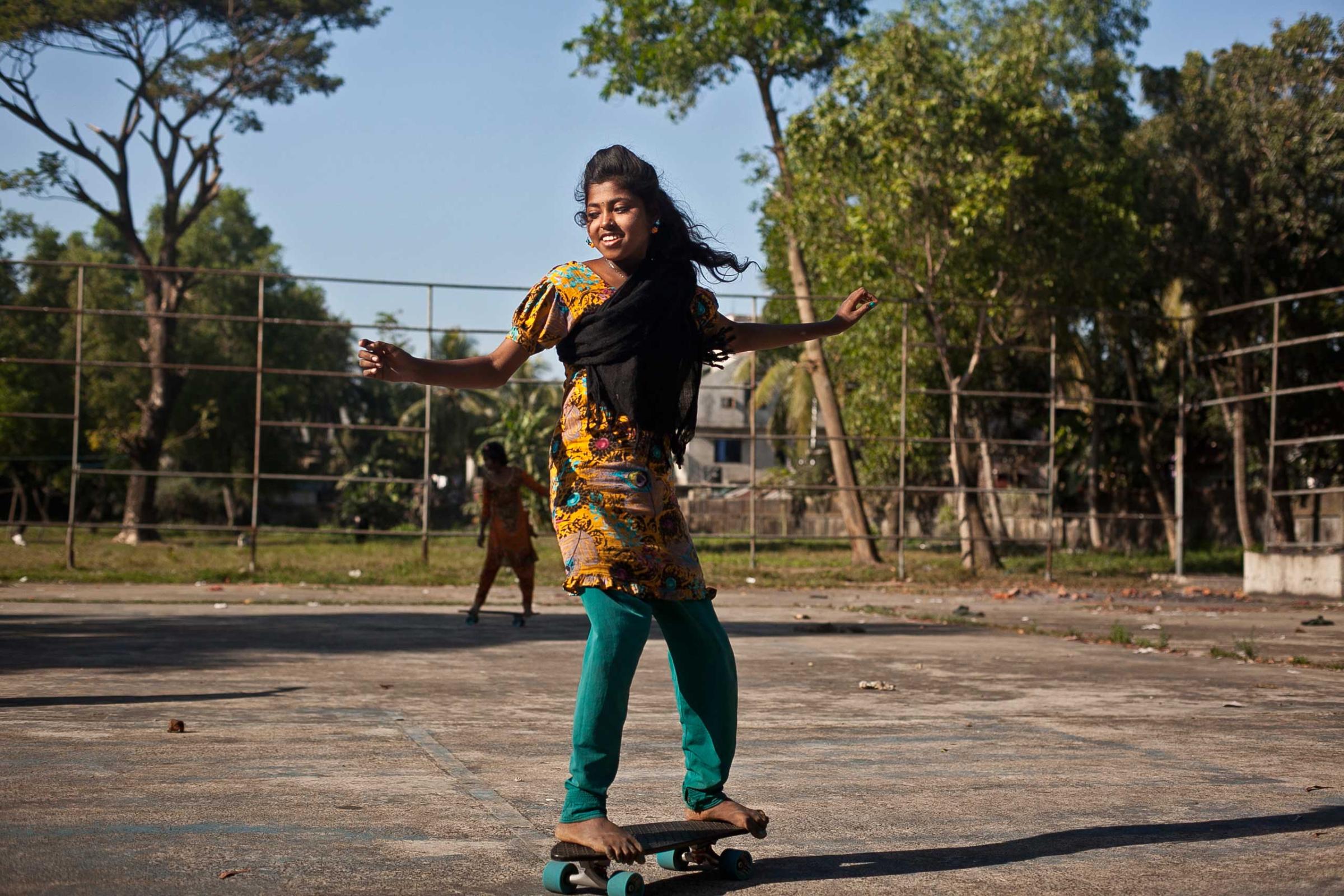
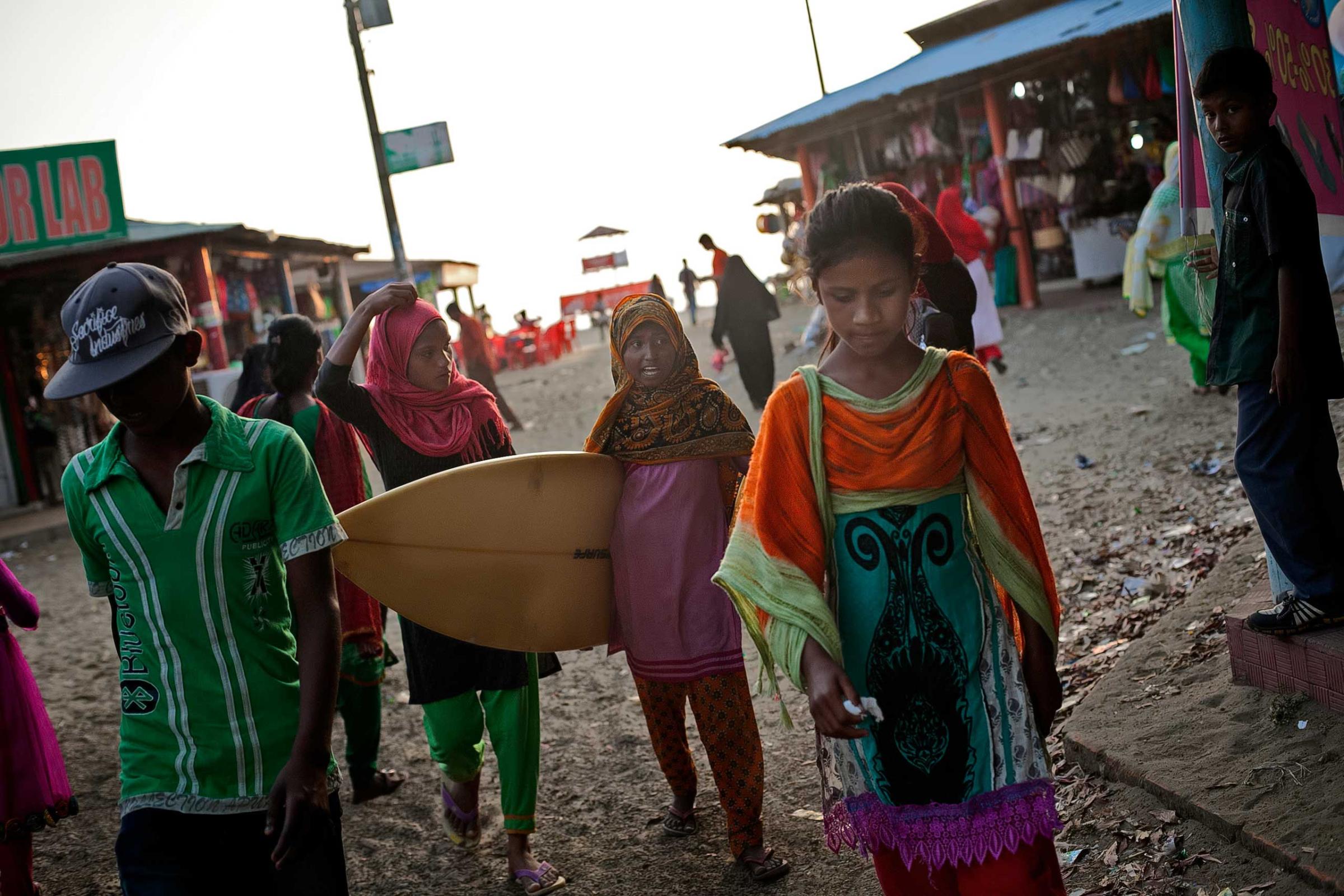
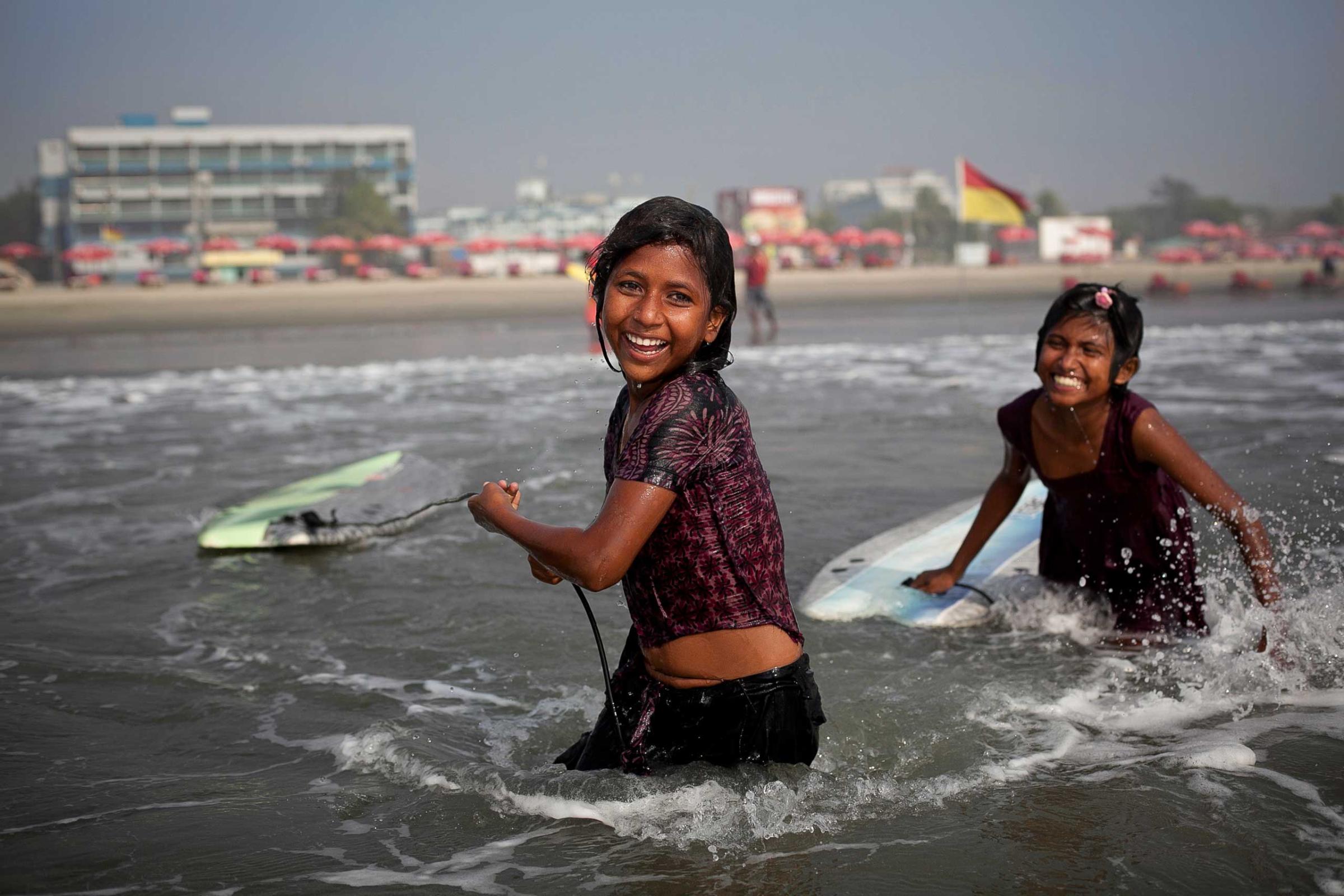
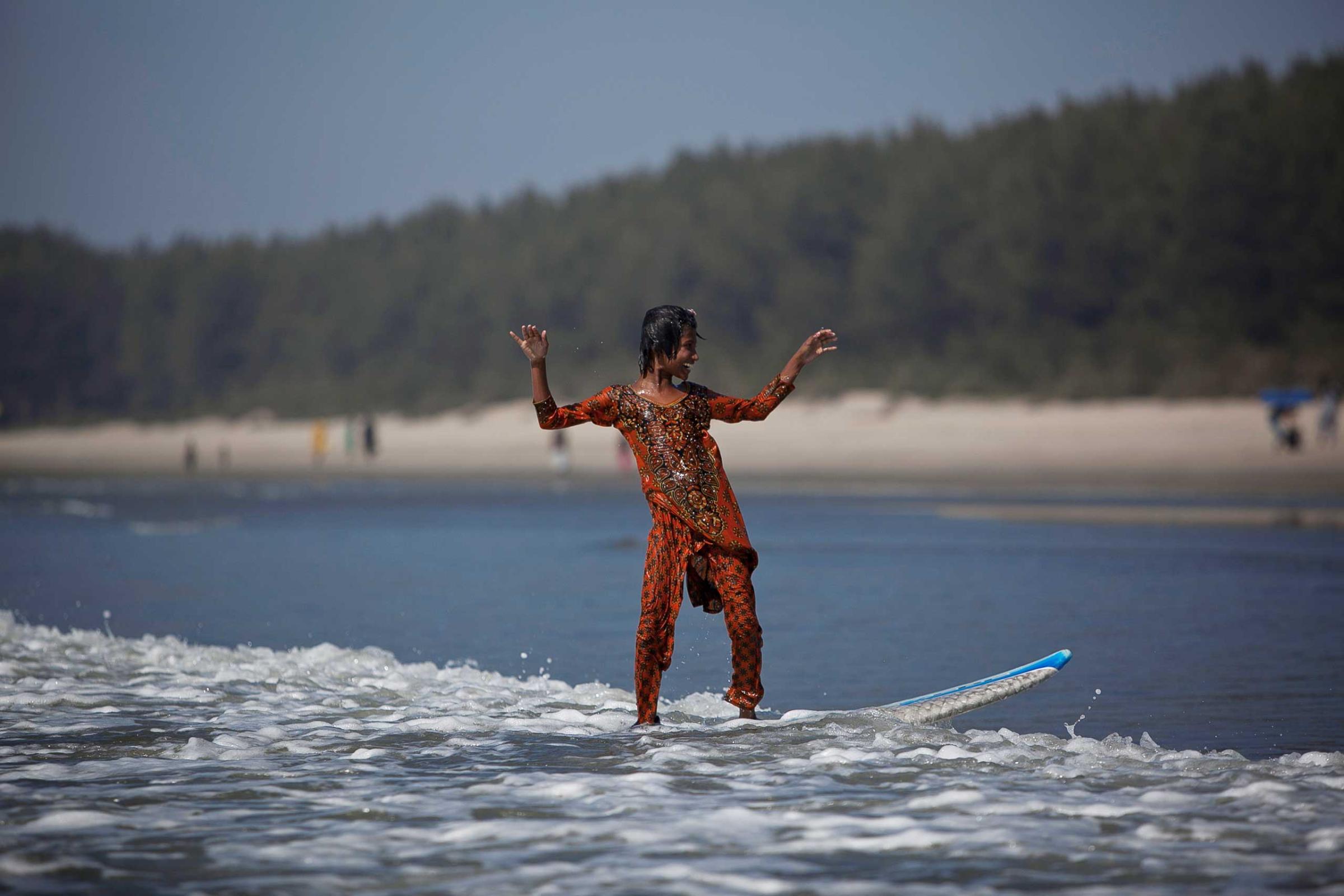
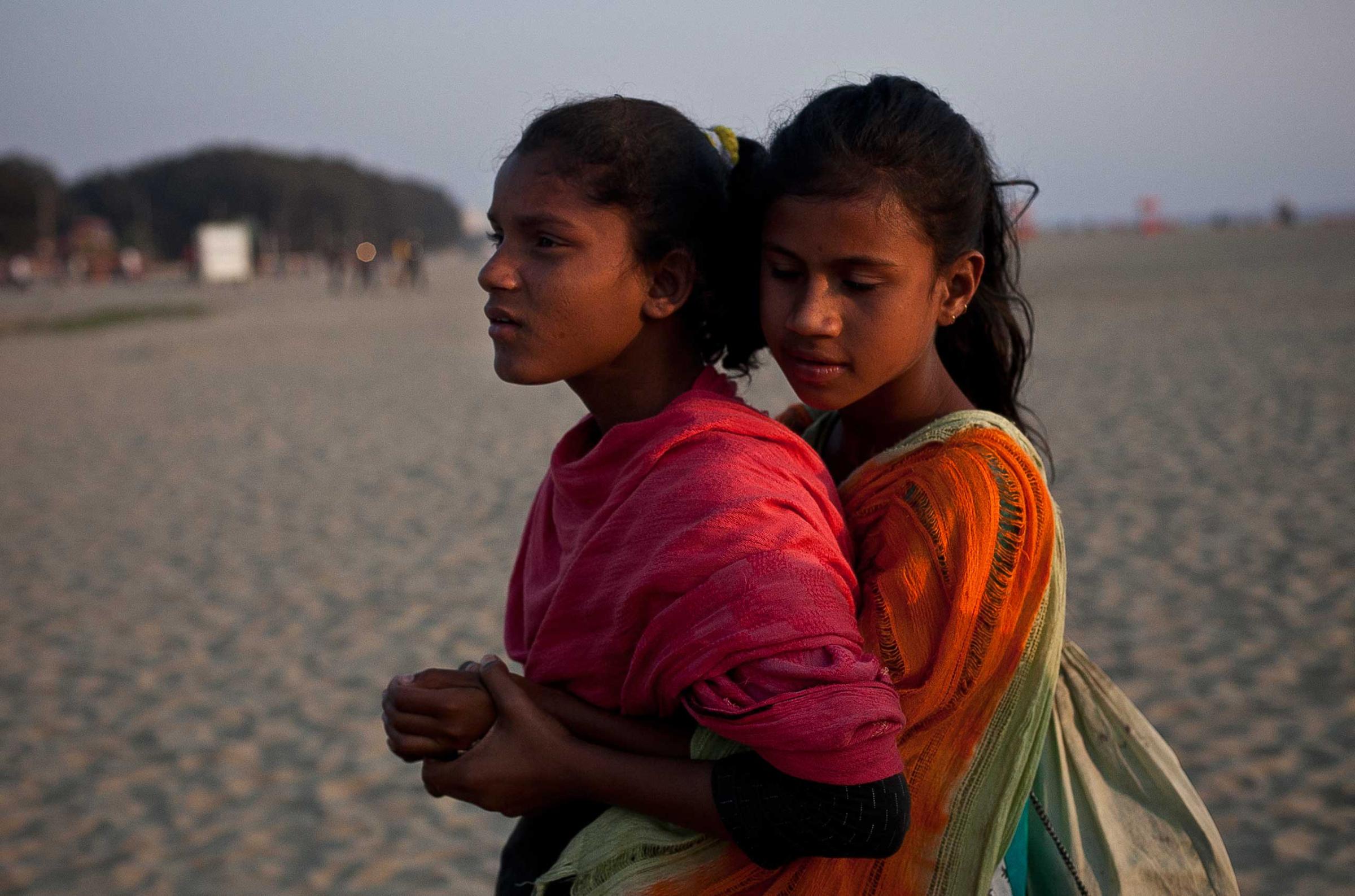
More Must-Reads from TIME
- Why Trump’s Message Worked on Latino Men
- What Trump’s Win Could Mean for Housing
- The 100 Must-Read Books of 2024
- Sleep Doctors Share the 1 Tip That’s Changed Their Lives
- Column: Let’s Bring Back Romance
- What It’s Like to Have Long COVID As a Kid
- FX’s Say Nothing Is the Must-Watch Political Thriller of 2024
- Merle Bombardieri Is Helping People Make the Baby Decision
Contact us at letters@time.com